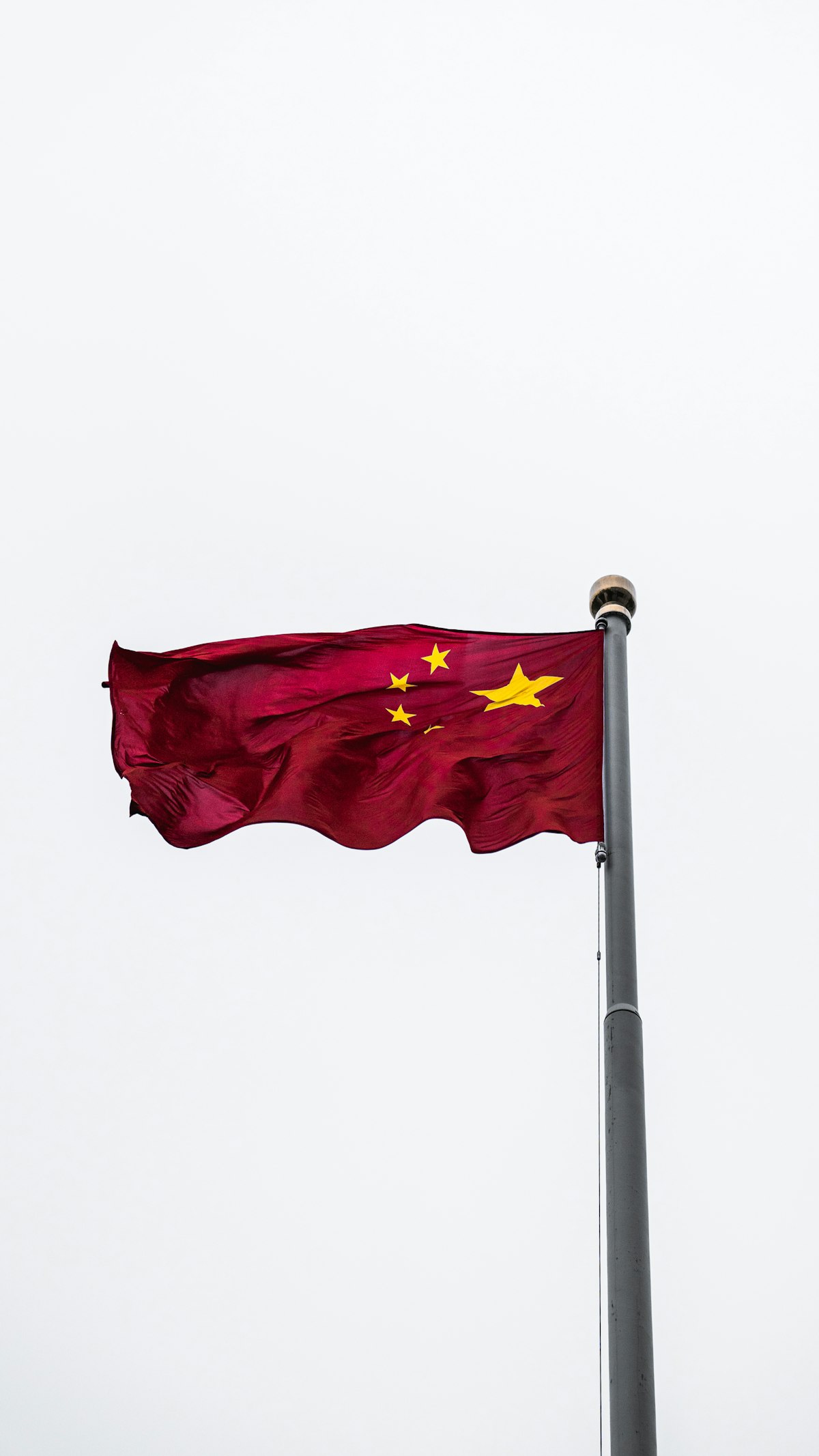Another day, another western brand kicked out of China

Brace yourself for a 2022 year buzzing with western brands getting kicked out of China. If not directly, at least because of an overnight devastating consumer revolt on national social media. I've been explaining since Trump and even more fuelled by Covid-19 that the country was closing down on itself.
China states that it doesn't need Western brands to deliver goods, electronics, entertainment, and services to its market.

Was H&M wrong to renounce working with some Chinese cotton suppliers over forced labor in Xinjiang? Certainly not. Some degree of real politics is necessary if you work in China, but they are red lines that brands shouldn't cross. For H&M, China is (was?) 3% of its worldwide sales. Suffering from devastating brand damage to 97% of the sales is probably more important.
The situation will get more complicated for brands that have overextended in China and cannot afford to lose significant market shares in this country. Whereas in the past, demands from the major party were very indirect, and pressure to play ball was essentially applied indirectly, take into consideration that President Xi Jinping didn't hesitate to kneecap Alibaba and a few other major national companies over political concerns. Whether you are Dior, Disney, or Coca-Cola, don't think you cannot be the next target for one minute.
Consider that China is also getting there at an accelerated pace, even more than in the U.S., where the Patriot Act ensures that the American government can access whatever data it fancies. By the end of 2022, I doubt that foreign companies will even be able to use unfamiliar software tools or cloud services that China does not control.
As a foreign company in China, reducing this exposure to a manageable potential loss would be wise if you have significant exposure to this market. With that in mind, it will be fascinating to monitor how Apple will manage its exposure this year.




